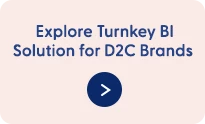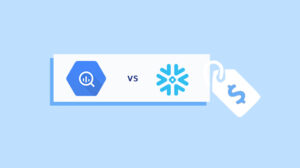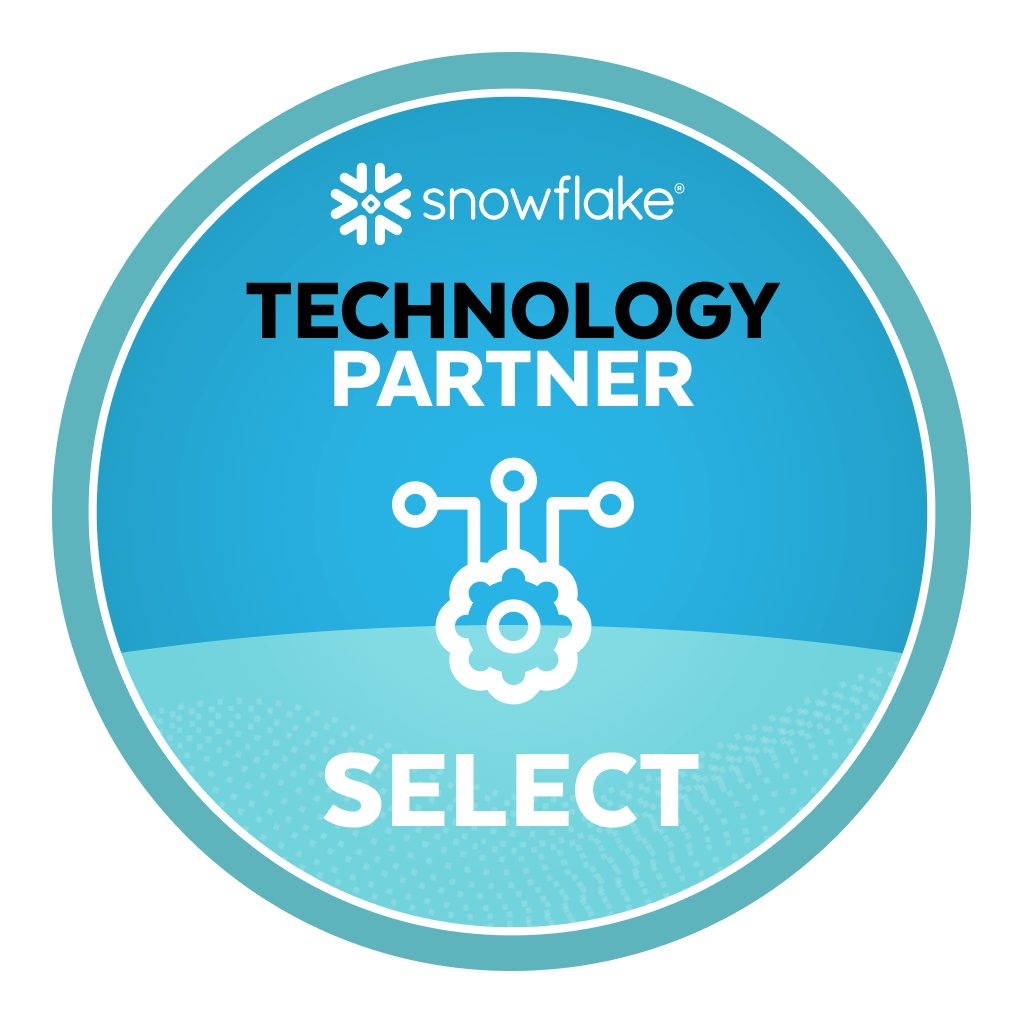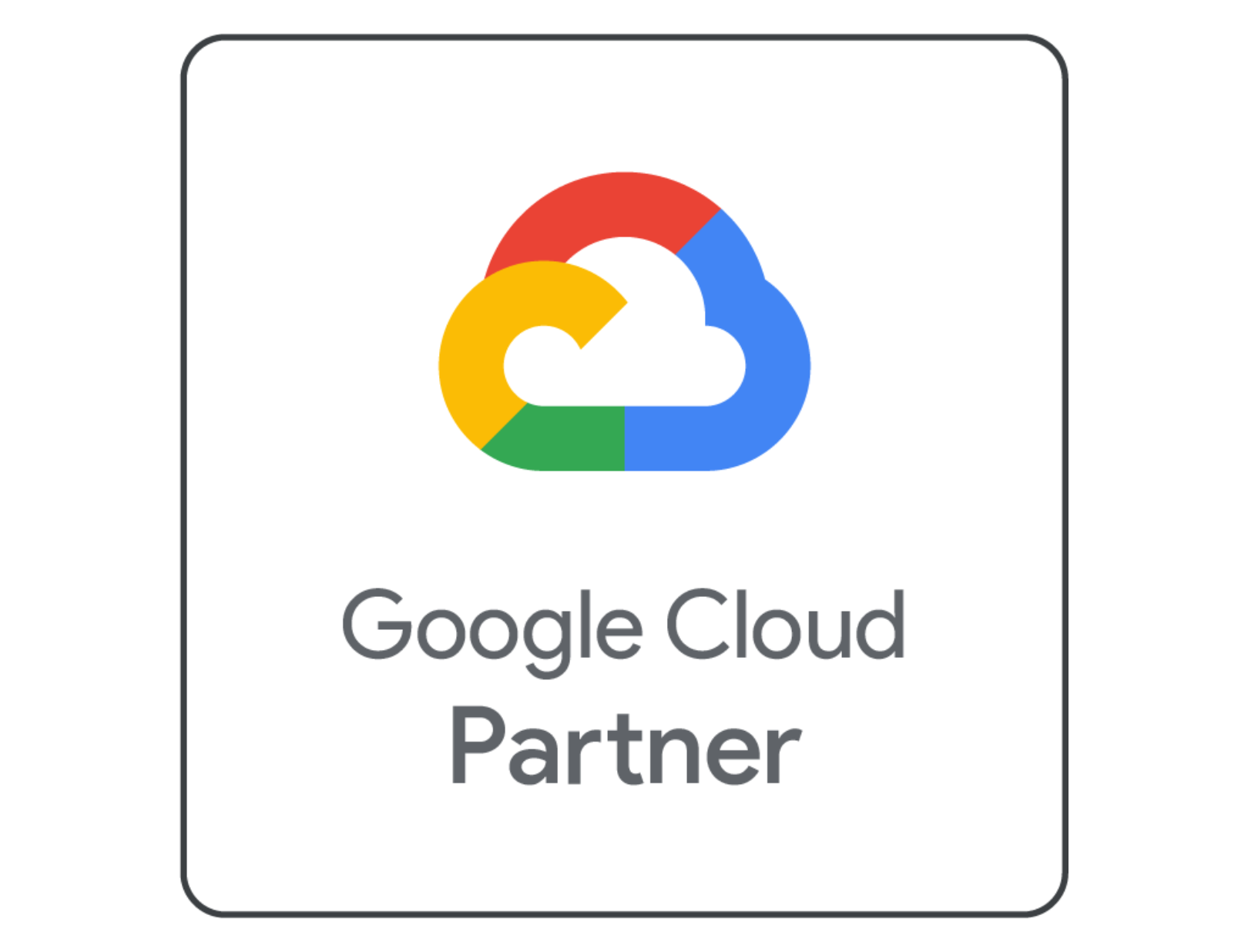Connect Google Search Console(GSC) to Snowflake in minutes
Many companies find Google Search Console (GSC) as an invaluable tool for website maintenance and marketing efforts. The amount of insights provided by the platform makes it necessary for many users to integrate GSC insights into a data warehouse to deeply analyze the information in a more granular way. Replicate Google Search Console to a robust cloud-based data warehouse like Snowflake. Getting your Google Search Console data into your Snowflake data warehouse is the first step toward setting up a meaningful analytical workflow and getting key insights from your data. Having your Google Search Console data in the same data warehouse as your ads, sales, service, and support will help you get a holistic understanding of your business.
In this blog post, we will walk you through two methods of replicating your data from Google Search Console to Snowflake and help you critically assess their benefits and drawbacks.
Why integrate Google Search Console to Snowflake?
With the Google Search Console account, you get valuable insights that let you analyze what part of your website needs fixing. If you are anything like other marketers, chances are your Google Search Console data is not being properly utilized for deeper analysis and is stuck in silos. To get a thorough understanding of your GSC data, replicate your Google Search Console data to a cloud data warehouse like Snowflake. Integrating your GSC data to a cloud data warehouse like Snowflake increases your ability to perform in-depth analysis, compare campaigns, and make predictions with various other data sources. You are now no longer bound to keep your GSC data siloed from other parts of your business, visualize it with various business-critical data like advertising, sales, and service and start generating true insights.
Google Search Console Overview
Google Search Console (GSC) is a collection of free tools and reports that allow webmasters to monitor and manage their websites’ presence in Google Search results. You can use it to track metrics like how many visitors you had on your website, how they are finding your website, what is the device type, and which pages of your site they are visiting. GSC can also help you find and fix website errors, submit a sitemap, and create and check the robots.txt file.
Snowflake Overview
Snowflake is a modern and easy-to-use analytics data warehouse designed for the cloud. It uses a new SQL database engine with unique architecture designed for the cloud. It offers far better performance, scalability, resiliency, and workload concurrency than any other cloud-based data warehouse in the market. What sets Snowflake apart is its architecture and data sharing capabilities. The Snowflake architecture allows storage and computes to scale independently, so customers can use and pay for computation and storage separately. Also, the sharing functionality makes it easy for organizations to quickly share governed and secure data in real-time.
How to replicate Google Search Console to Snowflake?
Here’s an overview of the two approaches you can use to replicate Google Search Console data to Snowflake. This will allow you to evaluate the pros and cons of both and choose the one that best suits your requirement.
Build your own data pipeline
This process needs a lot of experience and consumes a lot of time and manpower. The chances of errors are more due to multiple integrated steps to be executed one after the other. You need to extract data using Google Search Console APIs & then connect it properly with the Snowflake data warehouse. This whole process to build a custom data pipeline requires regular intervention that makes it cumbersome.
Use Daton to integrate Google Search Console and Snowflake
Integrating Google Search Console and Snowflake with Daton is the fastest & easiest way to save your time and efforts. Leveraging an eCommerce data pipeline like Daton significantly simplifies and accelerates the time it takes to build automated reporting.
Configuring data replication on Daton only takes a few minutes and a few clicks. Your analysts do not have to write any code or manage any infrastructure, yet you can get access to Google Search Console data in a few hours.
Daton’s simple and easy-to-use interface allows analysts and developers to use UI elements to configure data replication from Google Search Console data into Snowflake.
Daton takes care of:
- Authentication
- Rate limits
- Sampling
- Historical data load
- Incremental data load
- Table creation, deletion, and reloads
- Refreshing access tokens
- Notifications
and many more important functions that are required to enable analysts to focus on analysis rather than worrying about the data that is delivered for analysis.
Steps to integrate Google Search Console with Daton

- Sign in to Daton
- Select Google Search Console< from the integrations page
- Provide Integration Name, Replication Frequency, and History. Integration name would be used in creating tables for the integration and cannot be changed later
- You will be redirected to Google Search Console log in for authorizing Daton to extract data periodically
- Post successful authentication, you will be prompted to choose from the list of available Google Search Console accounts
- Select required tables from the available list of tables
- Then select all required fields for each table
- Submit the integration
For more information, visit Google Search Console Connector.
Sign up for a trial of Daton today!
Here are more reasons to explore Daton for Google Search Console to Snowflake Integration
- Faster integration of Google Search Console to Snowflake – Google Search Console to Snowflake is one of the integrations Daton can handle very conveniently and seamlessly. By following few steps you can easily connect Google Search Console to Snowflake.
- Low Effort & Zero Maintenance – Daton automatically takes care of all the data replication processes and infrastructure once you sign up for a Daton account and configure the data sources. No need to manage infrastructure or write manual code.
- Data consistency guarantee and an incredibly friendly customer support team ensure you can leave the data engineering to Daton and focus on analysis and insights!
- Enterprise-grade data pipeline at an unbeatable price to help every business become data-driven. Get started with a single integration today for just $10 and scale up as your data needs grow.
- Robust Scheduling Options: allows you to schedule jobs based on their requirements using a simple configuration step.
- Support for all major cloud data warehouses including Google BigQuery, Snowflake, Amazon Redshift, Oracle Autonomous Data Warehouse, PostgreSQL, and more.
- Flexible loading options allow to you optimize data loading behavior to maximize storage utilization and ease of querying.
- Enterprise-grade encryption gives your peace of mind
- Support for 100+ data sources – In addition to Google Search Console, Daton can extract data from a varied range of sources such as Sales and Marketing applications, Databases, Analytics platforms, Payment platforms, and much more.
The simplicity and ease of using Daton as a data pipeline platform is its reliability and robust architecture that makes data integration from Google Search Console to any data warehouse an easy affair for you.
For all sources, check our data connectors page.
Other Articles by Saras Analytics,













